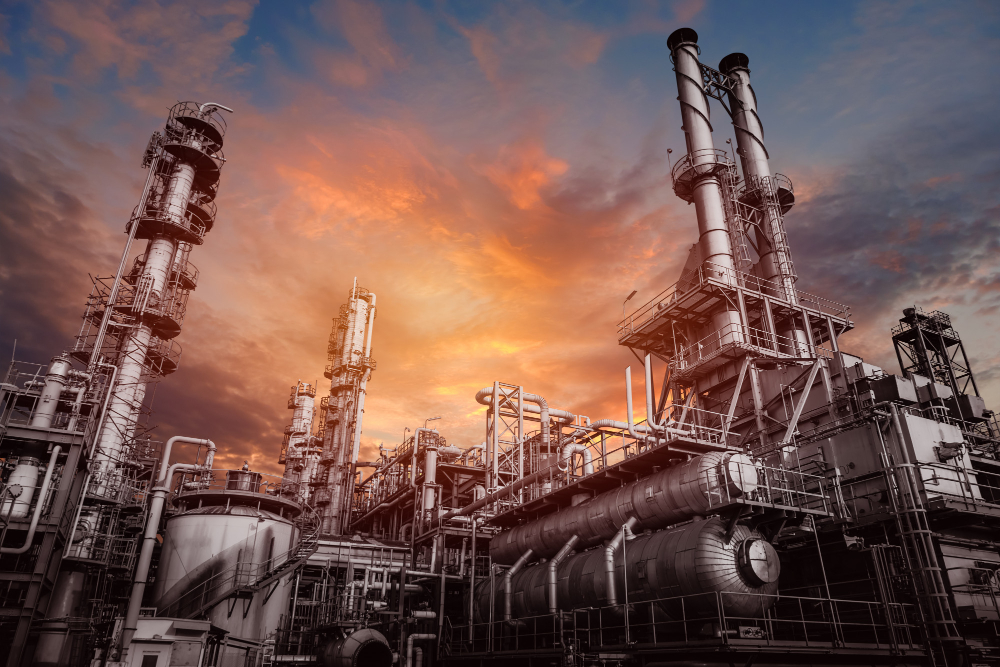


President Sheikh Mohamed has enacted Federal Decree-Law Number 25 of 2022, which regulates and develops the industrial sector in the UAE. The new law aims to support the organization and development of the national industrial sector by increasing flexibility to adopt supportive policies and provide incentives. The law will go into effect in January 2023 and will apply to all industrial activities in the UAE, including free, economic, and specialized zones.
The law enables the development of a package of incentives and facilitators for the industrial sector to support national strategic objectives and increase competitiveness. This includes the creation of a national industrial registry featuring an integrated database of industrial projects and their contributions to the national economy, as well as support for manufacturers with feasibility studies and the evaluation of investment opportunities. The law will replace Federal Law No. 1 of 1979 on industry regulation.
This law strengthens the role of the Ministry of Industry and Advanced Technology (MoIAT) in promoting investment and adopting advanced technologies and Fourth Industrial Revolution solutions in the UAE. It also enhances integration between MoIAT, local economic departments, and licensing authorities in free, economic, and specialized zones by standardizing the process for issuing industrial licenses.
Through the industrial registry, the law will support industries such as medicine, food, and medical and agricultural technology, as well as strengthen competitive sectors such as petrochemicals, iron, aluminum, and plastics, and stimulate future industries, particularly hydrogen and aerospace.
The new law supports the "Make it in the Emirates" initiative launched by the Ministry of Industry and Advanced Technology (MoIAT) to enhance the role of the private sector and attract industrial investors through incentives and competitive advantages such as legislative and regulatory frameworks, logistical capabilities, financing solutions, export opportunities, comprehensive economic partnership agreements, bilateral trade agreements, and advanced technology adoption. The UAE's industrial exports totaled AED116 billion last year, and the country has also improved its quality infrastructure system, including standard specifications, metrology, accreditation, and conformity assessment, to support the performance of the UAE's industrial sector.